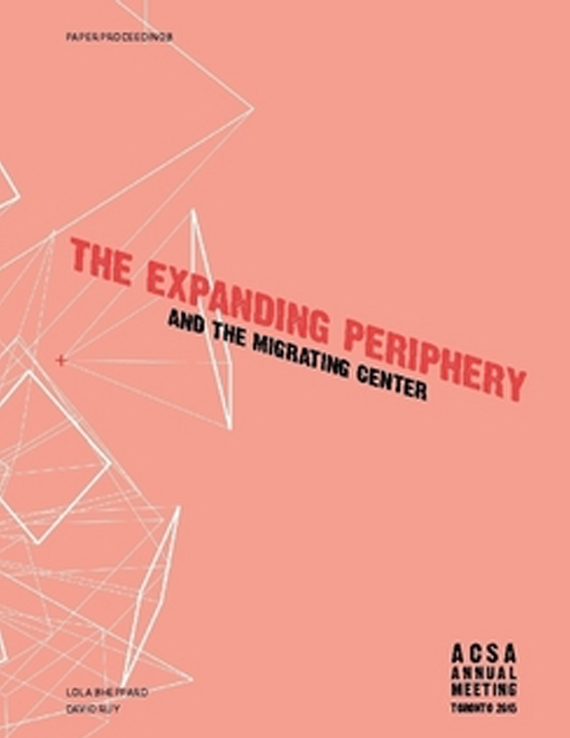Author(s): Max Kuo
Twenty years ago the publication Folding in Architecture forged the alliance between complexity, topological forms, and digital computation in architecture. In the intervening years, a tremendous diversity of form-finding methods emerge, including the algorithmic, generative, parametric, and morphogenetic, all prioritizing digital complexity’s self-referential and self-generating processes. In its most solipsistic mode, this indexicality signals the withdrawal from signification and socio-political concerns, resulting in innovation for innovation’s sake. Robert Venturi’s gentle manifesto, Complexity and Contradiction, is among the first to introduce complexity science into the architectural discipline, seeking to destabilize modernist functionalism. Its subsequent influence over Post-Modernism and Decontructivism resulted in the abandonment of theories of contradiction in favor of digital complexity’s new techniques of smooth folding. This paper argues that reclaiming an agenda of contradiction within digital complexity’s self-generative paradigms offers a path out of its increasingly closed-loop autonomy. By cultivating contradiction within parametric systems and their non-standard parts, these newly embedded misfits offer new possibilities of signification and performance necessary to the open-ended and multi-lateral systems which exist between architecture and the urban milieu.
Volume Editors
David Ruy & Lola Sheppard
ISBN
978-0-935502-95-4

 Study Architecture
Study Architecture  ProPEL
ProPEL 
